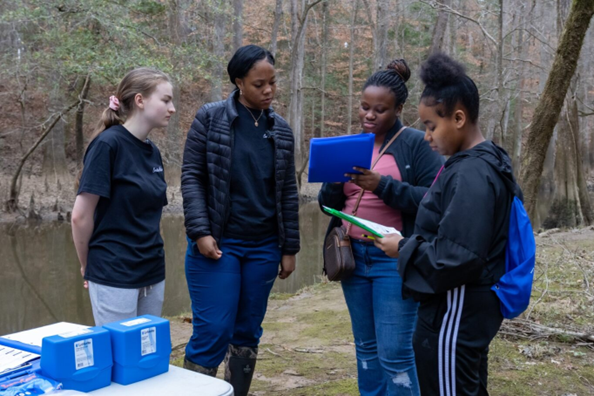DHEC’s Office of Environmental Affairs will host the 13th Annual Environmental Assistance Conference on Tuesday, November 19, from 9 AM to 4 PM at the Cooperative Conference Center (169 Laurelhurst Ave, Columbia, SC). This year’s theme is Compliance Assistance and Customer Service: DHEC and Industry Working Together. The agenda will include regulatory compliance and permitting topics, such as hazardous waste, dams, stormwater, air quality, solid waste and legislative updates.
Additionally, the conference will feature up to 30 local businesses and organizations in our exhibitor showcase. DHEC staff will also be available to answer any technical or permitting questions.
“DHEC’s annual Environmental Assistance Conference unites environmental regulators with DHEC staff and offers an exciting opportunity for continued learning and instruction on important topics relevant to our community and partners,” said Myra Reece, DHEC’s director of Environmental Affairs. “DHEC strives to meet our agency values of pursing excellence, innovation, service and teamwork. This conference is just one example of how DHEC’s dedicated Environmental Affairs team exemplifies our agency’s values by creating a learning and networking environment between the regulated community and our staff year after year.”
Deadline to register is Sunday, November 10. Registration for both attendees and exhibitors is on a first come, first serve basis. Space is available for up to 30 exhibitors and approximately 250 attendees. The attendee fee is $45 per person. The exhibitor fee is $300 per table and includes registration for two attendees. All registrations include access to the exhibitor room, all presentations, a light breakfast and lunch.
For conference updates and to register for the conference, please visit our website at www.scdhec.gov/environment/eac. Questions about the conference or registration can be directed to Rebecca Sproles at sprolemr@dhec.sc.gov or 803-898-3139. You don’t want to miss this event!





